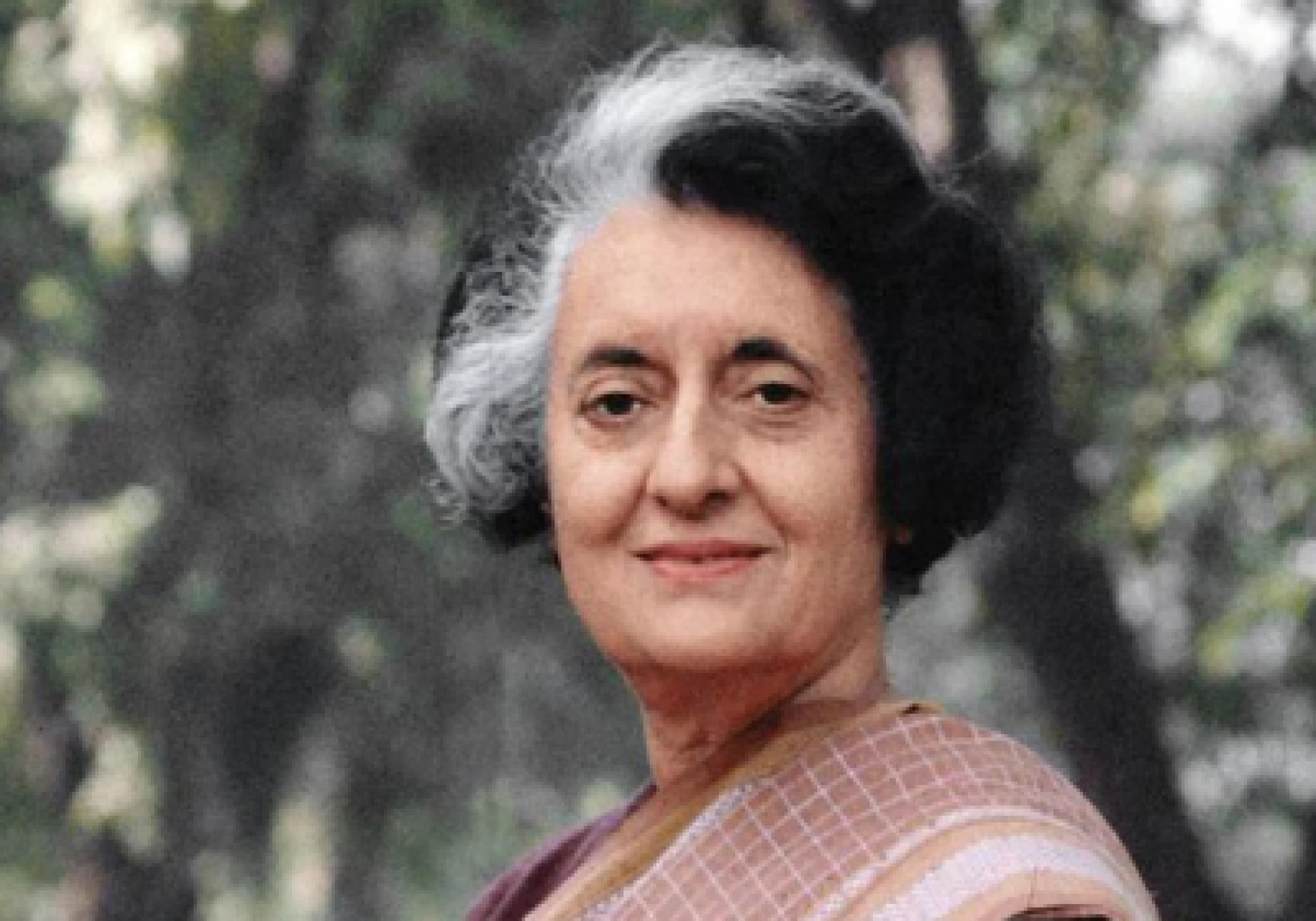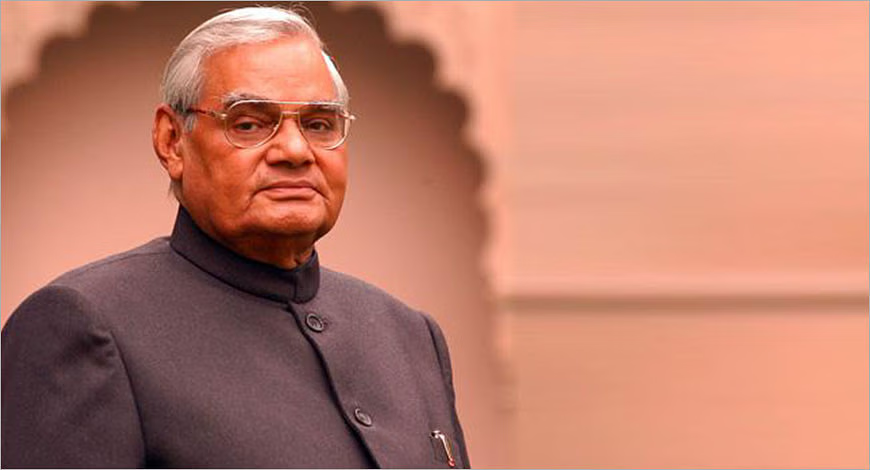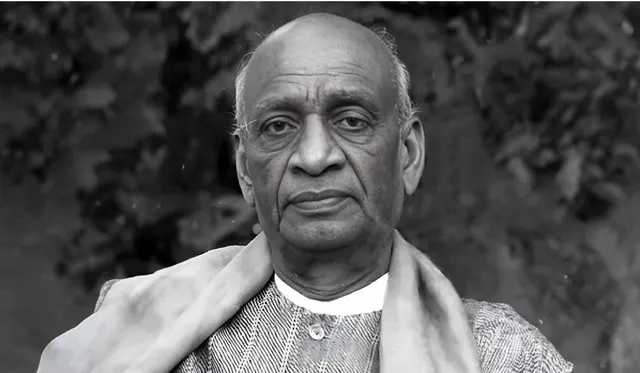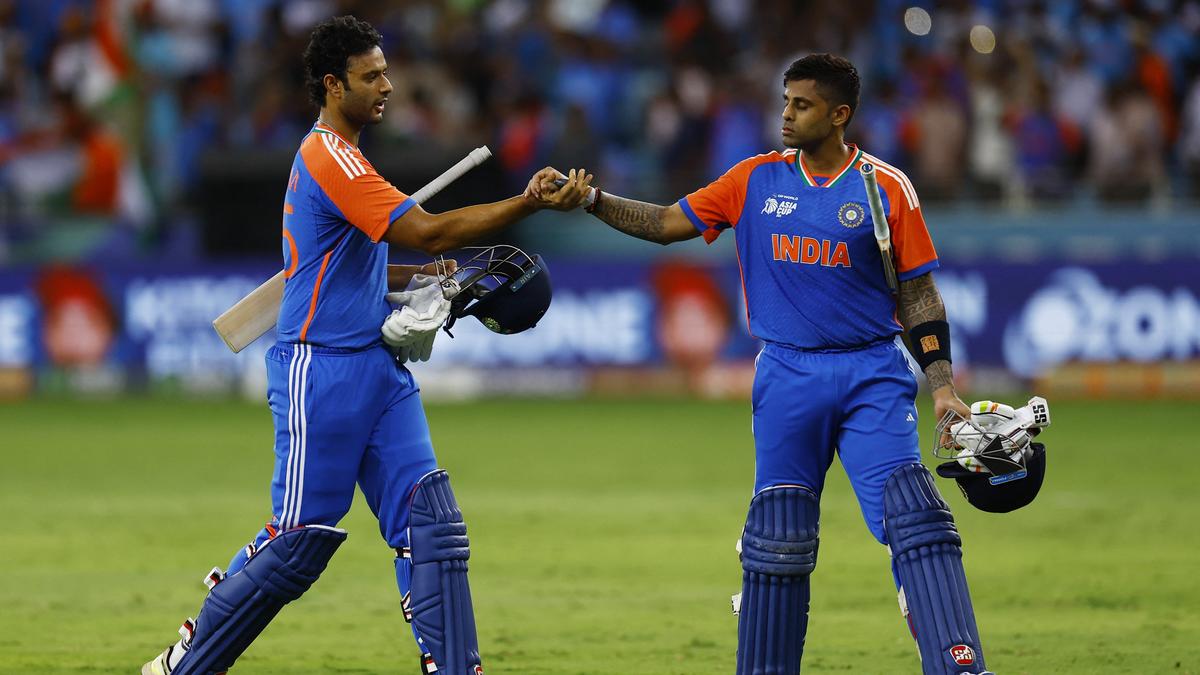Arvind Kejriwal Biography: Life, Political Journey, Achievements, and Legacy
Introduction
Arvind Kejriwal, the Chief Minister of Delhi and national convenor of the Aam Aadmi Party (AAP), is one of the most dynamic leaders in Indian politics. Known for his anti-corruption movement, people-centric policies, and governance reforms, he transformed from a civil servant and social activist into a key political figure. The Arvind Kejriwal Biography reflects the journey of a common man who challenged traditional politics and created a new model of governance in Delhi.
Personal Information
- Full Name: Arvind Kejriwal
- Date of Birth: 16 August 1968
- Birthplace: Siwani, Bhiwani District, Haryana, India
- Nationality: Indian
- Zodiac Sign: Leo
Physical Appearance
- Height: 5 feet 5 inches (165 cm)
- Weight: Approx. 65 kg
- Hair Color: Black (partially grey)
- Eye Color: Black
- Build: Slim
Early Life and Childhood
Arvind Kejriwal was born in Siwani, Haryana, into a middle-class family. His father, Gobind Ram Kejriwal, was an electrical engineer, and his mother, Gita Devi, was a homemaker. From an early age, he displayed qualities of discipline, simplicity, and strong academics.
Education
- Completed schooling at Campus School, Hisar.
- Graduated in Mechanical Engineering from IIT Kharagpur (1989).
Professional Career Before Politics
- Joined the Indian Revenue Service (IRS) as an officer in the Income Tax Department in 1995.
- Worked extensively on anti-corruption initiatives.
- In 2006, he resigned from IRS to dedicate himself fully to social work.
Activism and Anti-Corruption Movement
- Founded the NGO Parivartan in Delhi to address public grievances against corruption.
- Co-founded the India Against Corruption (IAC) movement with Anna Hazare in 2011, demanding the Jan Lokpal Bill.
- The movement became a nationwide phenomenon and laid the foundation for his political career.
Entry into Politics and Aam Aadmi Party
In 2012, Arvind Kejriwal launched the Aam Aadmi Party (AAP), promising clean politics and transparency.
- 2013: AAP formed government in Delhi with outside support from Congress; Kejriwal became CM but resigned after 49 days.
- 2015: AAP won 67 out of 70 seats, a historic victory.
- 2020: AAP retained Delhi with 62 seats, cementing Kejriwal’s leadership.
Chief Minister of Delhi
Arvind Kejriwal’s tenure as CM is marked by welfare-driven governance:
- Education Reforms: Upgraded government schools, introduced happiness curriculum, world-class teacher training.
- Healthcare Model: Launched Mohalla Clinics, improved hospitals, and made healthcare more accessible.
- Free Utilities: Provided free electricity up to 200 units and free water up to 20,000 liters.
- Public Transport: Free bus rides for women, expanded metro connectivity.
- COVID-19 Management: Introduced oxygen plants, home care, and support during the crisis.
Major Achievements
- Architect of the Delhi Model of Governance.
- Improved schooling, healthcare, and infrastructure.
- Reduced electricity and water bills for common citizens.
- Positioned AAP as a national alternative, expanding to Punjab, Goa, and Gujarat.
Challenges and Criticism
- Criticized for frequent clashes with Delhi’s Lieutenant Governor and Central Government.
- Accused by opponents of populist politics and freebie culture.
- Faced allegations of corruption in Delhi excise policy (2022–23).
- Accused of autocratic functioning within AAP by some former colleagues.
Personality and Leadership Style
Arvind Kejriwal is known for his simple lifestyle, middle-class connect, and reformist zeal. He often appears in his trademark muffler and simple shirt, reinforcing his image as a “common man’s leader.” His leadership style blends activism with governance, making him one of the most unique leaders in modern India.
Legacy and Impact
The Arvind Kejriwal Biography reflects the story of a reformist leader who redefined Delhi’s governance model. His legacy lies in creating a politics centered around education, healthcare, and transparency rather than caste or religion.
If AAP continues its growth, Kejriwal could emerge as a national challenger in Indian politics.





